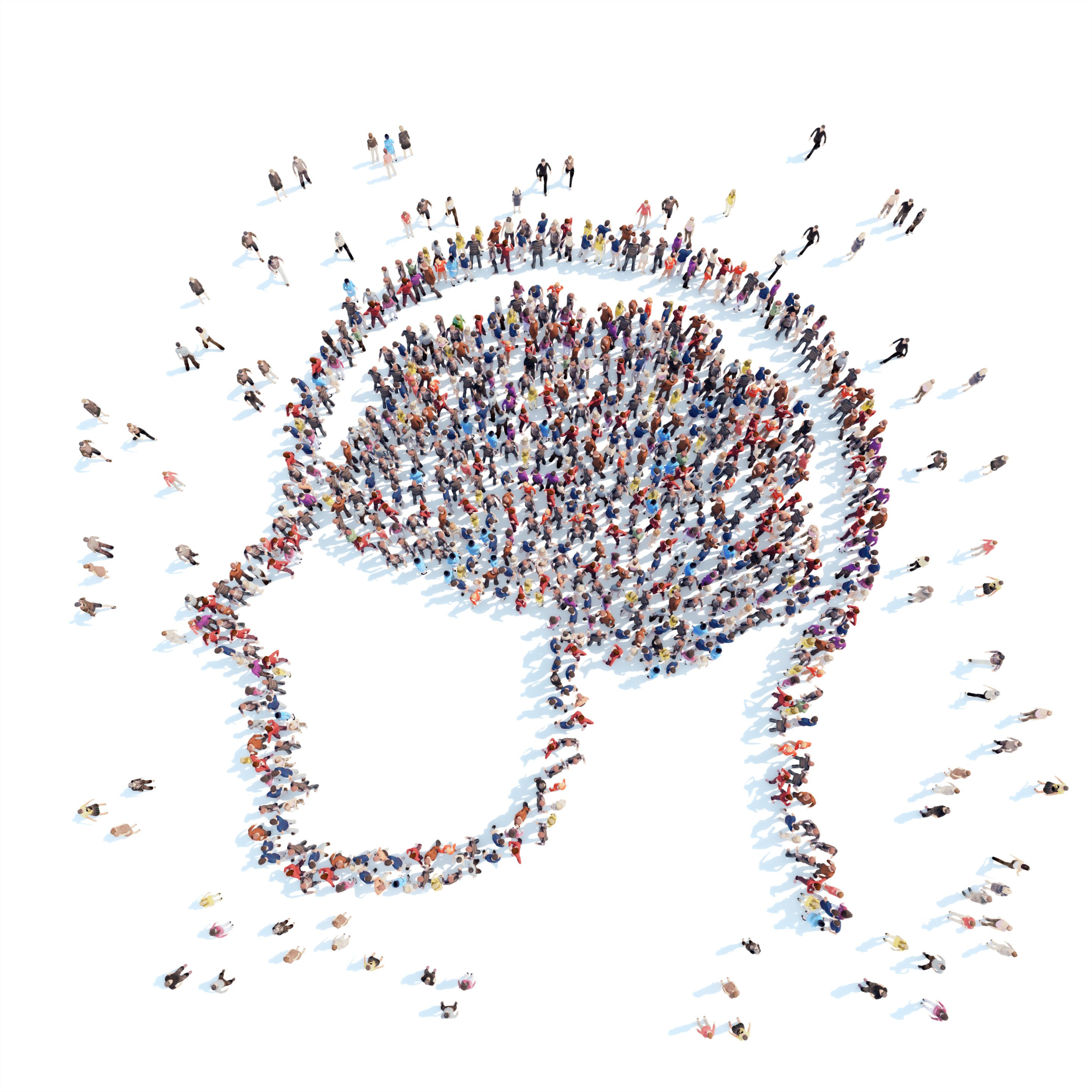The Role of the Social Brain in Enhancing Learning
Learning and the Social Brain 🔗

Researcher Patricia Kuhl explores the concept of the "social brain," which is essential for human learning and interaction. Infants are naturally drawn to faces and can imitate expressions, showcasing their early social skills. This ability is rooted in evolutionary biology, enabling humans to interpret social cues vital for survival. Kuhl emphasizes the importance of social interaction in educational settings, suggesting that classrooms should encourage collaboration and peer learning. However, she notes that different learners, such as autistic children or introverted students, may engage with social learning differently. Overall, the social brain plays a crucial role in enhancing human learning experiences.
What is the role of the social brain in learning?
The social brain is responsible for interpreting social cues and aids in collaboration and communication, which are vital for effective learning and survival.
How can educators apply findings about the social brain in classrooms?
Educators can create environments that promote cooperation and peer interaction, such as arranging desks in circles or U-shapes to enhance social engagement.
Are there any exceptions to the findings on social learning?
Yes, for autistic children, human faces may be less engaging, indicating that social learning can vary significantly among different learners, including introverted students who may excel in other areas.